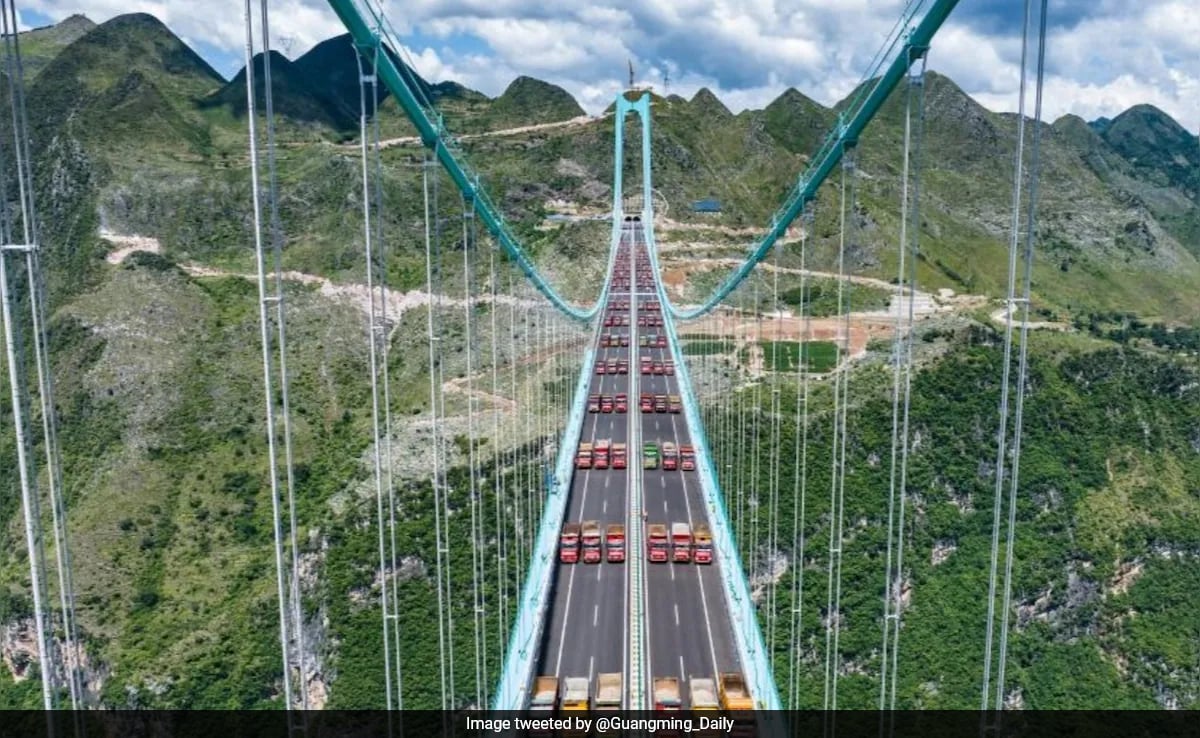Peng, 35, became the first Chinese tennis player to be ranked No. 1 in doubles in the Womenâs Tennis Association in 2014. Zhang, who is four decades older than her, was Chinaâs vice premier from 2013 until his retirement in 2018.
In a statement on Sunday, WTA Chairman Steve Simon said Peng showed âremarkable courageâ in making her statement, and called for a full investigation of the allegations without censorship.
âHer accusation about the conduct of a former Chinese leader involving a sexual assault must be treated with the utmost seriousness,â Simon said in the statement. âIn all societies, the behavior she alleges that took place needs to be investigated, not condoned or ignored.â
Early this month, a screenshot of a post apparently from Pengâs verified Weibo microblog account circulated in China as censors scrambled to delete copies of it. The post alleged that Zhang had pressured Peng into having sex with him several years earlier in his home, before convincing her to engage in a long-term affair with him.
âThat afternoon I didnât agree at first and kept crying,â the post said.
The Washington Post has not been able to independently verify the allegations, and Pengâs post said she would not be able to provide evidence as Zhang sought to keep their meetings secret. Peng did not respond to requests for comment. Chinaâs State Council Information Office did not respond to a request to make Zhang available for interview.
Such an allegation against a top leader is virtually unprecedented in China, with senior officials maintaining intense secrecy over their personal lives. The Chinese Communist Party bans officials from having extramarital relationships, and at lower levels of government, it has been used as grounds for dismissal.
The WTA statement comes as international sports organizations are finding it increasingly difficult to tap into Chinaâs massive consumer market without touching on politics. For years, the conventional wisdom was that businesses seeking to court Chinese consumers should steer clear of political issues and avoid any criticism of Beijing.
But as diplomatic tensions intensified between China and the West, sports leagues have found themselves caught between business backlash in China if they donât toe Beijingâs political line, and consumer boycotts in the West if they donât stand up to China on human rights issues.
Last month, China cut the Boston Celticsâ live broadcasts after center Enes Kanter posted a video voicing his support for Tibetan independence, which Beijing views as an illegal secessionist movement. The NBA also faced backlash in China two years ago after Houston Rockets General Manager Daryl Morey voiced support for Hong Kong pro-democracy protesters.
Pengâs silence has raised concerns in global tennis circles. On Sunday, 18-time Grand Slam champion Chris Evert posted on Twitter, calling Pengâs allegations âvery disturbing.â
âIâve known Peng since she was 14; we should all be concerned; this is serious; where is she? Is she safe?â Evert posted.
British tennis player Liam Broady wrote on Twitter: âI canât believe this is even happening in the 21st century.â
Chinese feminists also have been seeking to draw attention to the case by projecting âWhere is Peng Shuai?â and other messages of support on the sides of buildings.
The WTAâs call for an investigation appeared to be censored in China on Monday, with hardly any mentions appearing on social media platforms within the country. WTAâs Chinese-language Weibo account, which has 400,000 followers, did not carry Simonâs statement.
Alicia Chen and Pei Lin Wu contributed to this report.
.png)











 English (United States) ·
English (United States) ·  Turkish (Turkey) ·
Turkish (Turkey) ·